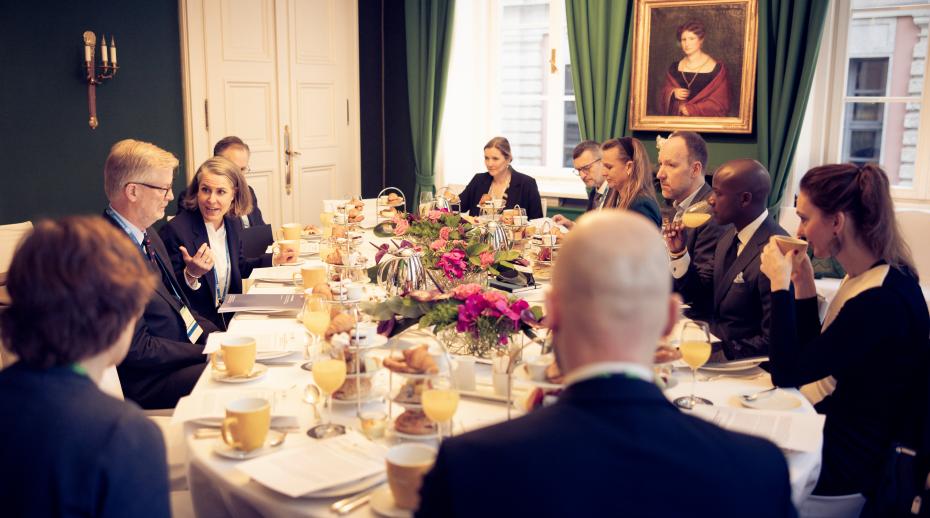
SIPRI attended and co-hosted two side events at this year’s Munich Security Conference, 16–18 February.
Diplomacy in crisis: Whatever happened to peacemaking?
On 17 February, SIPRI co-hosted a lunchtime roundtable with International Crisis Group to shed light on the changing landscape of international conflict resolution, the crisis of diplomacy and the obstacles to achieving sustainable peace.
Part of today’s darkening security horizon is the increasing difficulty in preventing, managing and resolving armed conflict. Diplomacy is facing unprecedented challenges with political leaders around the world seeming more willing to use violence to meet their goals. Wars are increasingly prevalent, protracted and perilous, and the past decade has seen few wars end primarily through negotiations. The 16 participants, including SIPRI Director Dan Smith, discussed this topic under the Chatham House Rule.
Redouble or retreat? Rethinking peace operations in Africa
On 18 February, SIPRI co-hosted a breakfast discussion with the Center for International Peace Operations. The official side event provided space for participants to reflect on the future of multilateral peace operations in Africa and ways to ensure these are fit for purpose and remain an essential instrument in the international toolbox for maintaining peace and security. Multilateral peace operations must adapt to evolving political realities and emerging security challenges to remain relevant and become more effective.
At the breakfast, which was also held under the Chatham House Rule, experts and policymakers discussed questions about the main opportunities and challenges for the United Nations and regional organizations deploying peace operations such as the African Union and the European Union, and the ways the partnerships between these organizations can be strengthened. This event was also attended by Smith and SIPRI Senior Researcher Timo Smit.
Throughout the conference, SIPRI’s delegation held several high-level bilateral discussions and spoke with Al Jazeera, Astro Aswani, the Washington Post and Swiss TV among others.